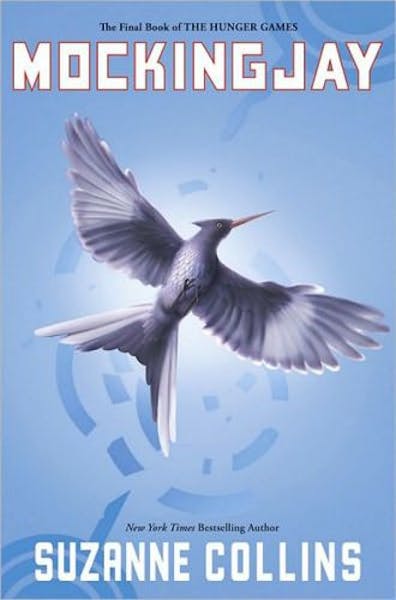To read a Per Petterson novel is to delve into a melancholy world where the landscape -- of the heart and of the surroundings -- is bleak. The act would be almost difficult, if it weren't for the beauty of the spare, clear writing and of the honest, piercing look at life.
The Norwegian author -- who also wrote "To Siberia" and "Out Stealing Horses," winner of the IMPAC Dublin Literary Award -- succeeds again with "I Curse the River of Time." In it, precise sentences fall one after another like raindrops making an otherwise gloomy world radiant, even as the author explores a life in shambles.
The story takes place over a few days in 1989, during which the narrator/protagonist, Arvid Jansen, has chased his mother to her hometown in Denmark. He and she have just learned that she is dying of cancer. At the same time, his longtime marriage is falling apart and the Berlin Wall has crumbled, a fact he feels deeply.
The windswept seaside town where he has landed is both recognizable (he spent the summers of his youth there) and alien (because he is, after all, a Norwegian in Denmark, and people keep mistaking him for a Swede). That dislocation reflects, even amplifies, the crises in his life.
"I was a man out of time. Or my character had a flaw, a crack in its foundation that would grow bigger year by year," Arvid believes, mirroring an earlier passage about his mother's assessment of him. Another time, he describes himself as having "no home in time."
The story, while grounded in the present, keeps fluttering to the past as Arvid tries to make sense of his life. He relives anecdotes of his imperfect relationship with his mother, from whom he desperately wants love. He recalls the happy, early days with the woman who would become his wife. He tells of his brother's untimely death. Ultimately, he wallows in regret, and who can blame him?
Arvid has floated through life with few convictions, letting others make decisions. He quit college to join the working class because the Communist Party suggested it. His wife announced that it was time for a divorce, and he is devastated but resigned. "Time had passed behind my back and I had not turned to look, that is really, really bad," he laments.
Bad, indeed; it is easy to grow frustrated with Arvid -- for drinking too much and too often, for barging in on his sick mother when she would prefer to be alone. But because we all carry our own measure of regret, it is impossible to dismiss him.
He won't dismiss himself, either. After chopping down an overgrown tree that his mother had long wanted removed, he rests on the ground and thinks, "Life lay ahead of me. Nothing had been settled."
It is a moment of hope in a book about the destruction that can come from dwelling on the past, about the cost of inattention and the ineluctable passage of time.
The book's title comes from a poem Arvid particularly likes, written by Mao. "It showed ... how time without warning could catch up with you and run around beneath my skin like tiny electric shocks and I could not stop them, no matter how much I tried. And when they let up at last and everything fell quiet, I was already a slightly different person than I had been before, and it sometimes made me despair."
What's not to love about clean, honest writing like that, except for the truth it conveys about all of our lives?
Kerri Westenberg is the Star Tribune's travel editor.

This retired journalist changed professional wrestling from Mankato

All-Metro Sports Awards: Here are the 2023 winners

